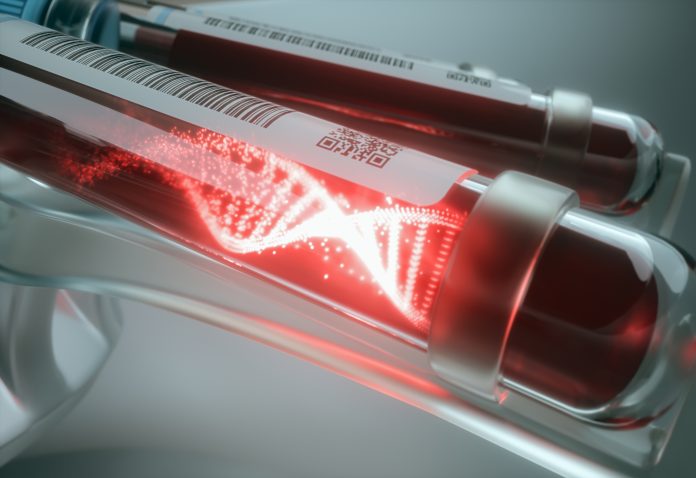
China-based precision medicine diagnostics company Burning Rock announced Tuesday that it received Breakthrough Device Designation for its OverC multi-cancer detection blood test (MCDBT) from the U.S. Food and Drug Administration (FDA). Breakthrough designations are granted to medical devices and device-led combination products that provide for more effective treatment or diagnosis of life-threatening or irreversibly debilitating diseases or conditions, with the goal of speeding development, assessment, and review.
The OverC liquid biopsy test is intended for use in the diagnosis of a number of different cancer types including esophageal, liver, lung, ovarian, and pancreatic cancers in adults of either sex, aged 50-75 years old, who are at average risk of developing cancer. Burning Rock began development of its OverC test in 2016 as a multi-cancer detection technology capable of early diagnosis based on DNA methylation. In June 2022 the company presented results from its THUNDER (THe UNintrusive Detection of EaRly-stage cancer) multi-center, case-controlled study that evaluated two separate MCDBT models—MCDBT-1 and MCDBT-2.
In the study, a customized panel of 161,984 CpG sites was constructed and validated using both public and in-house methylome data (cancer: n=249; non-cancer: n=288). The study used the cancer-specific methylation regions for cancer detection as it can differentiate cancer signals from non-cancer signals, and can also identify the tissue of origin from the signal. In the retrospective phase of the study, the company trained and validated its models using cfDNA sample from 1,693 subjects (cancer: n=735; non-cancer: n=958). Three quarters of the samples were used to develop the two detection models, each with a different cut-off. Roughly one quarter of the samples were used to build a validation set to test the two models. In the prospective phase of the study, both models were blindly validated on a prospectively enrolled, independent validation set to more rigorously test the stability of high-dimensional modeling.
The study showed that the sensitivity of MCDBT-1 was 69.1% at a specificity of 98.9% in the independent validation set. MCDBT-2 yielded a higher sensitivity (75.1%) and a slightly lower specificity (95.1%) compared to MCDBT-1. It also showed that the technology can accurately trace the tissue of origin. For MCDBT-1, the accuracy of top prediction origin (TPO) was 89.7% in the training set, 82.8% in the validation set, and 83.2% in the independent validation set, respectively. MCDBT-2 model also showed high TPO accuracy, with the TPO accuracy reaching 79.4% in the independent validation cohort.
“We are very excited that our cfDNA methylation multi-cancer early detection technology has received FDA Breakthrough Device Designation,” said Yusheng Han, founder and CEO of Burning Rock. “For cancer, early diagnosis and treatment are the key to the long-term survival of patients. Liquid biopsy-based early detection technology will be an important supplement to the current cancer screening methods, especially for ovarian cancer, pancreatic cancer and other cancers that have no effective screening methods up to now.”
Han also said that Burning Rock has launched two additional prospectively collected case-control studies, with a goal of enrolling more than 10,000 subjects to continue developing OverC to cover more cancer types. The test also received a CE mark in May 2022.






![AI Algorithm Could Reduce Breast Cancer Mammogram False Positive Rate The primary goal of the Paradigm Registry is to accelerate tumor profiling based on disease biology. [iStock/LilliDay]](https://www.insideprecisionmedicine.com/wp-content/uploads/2019/01/307-218x150.jpeg)




